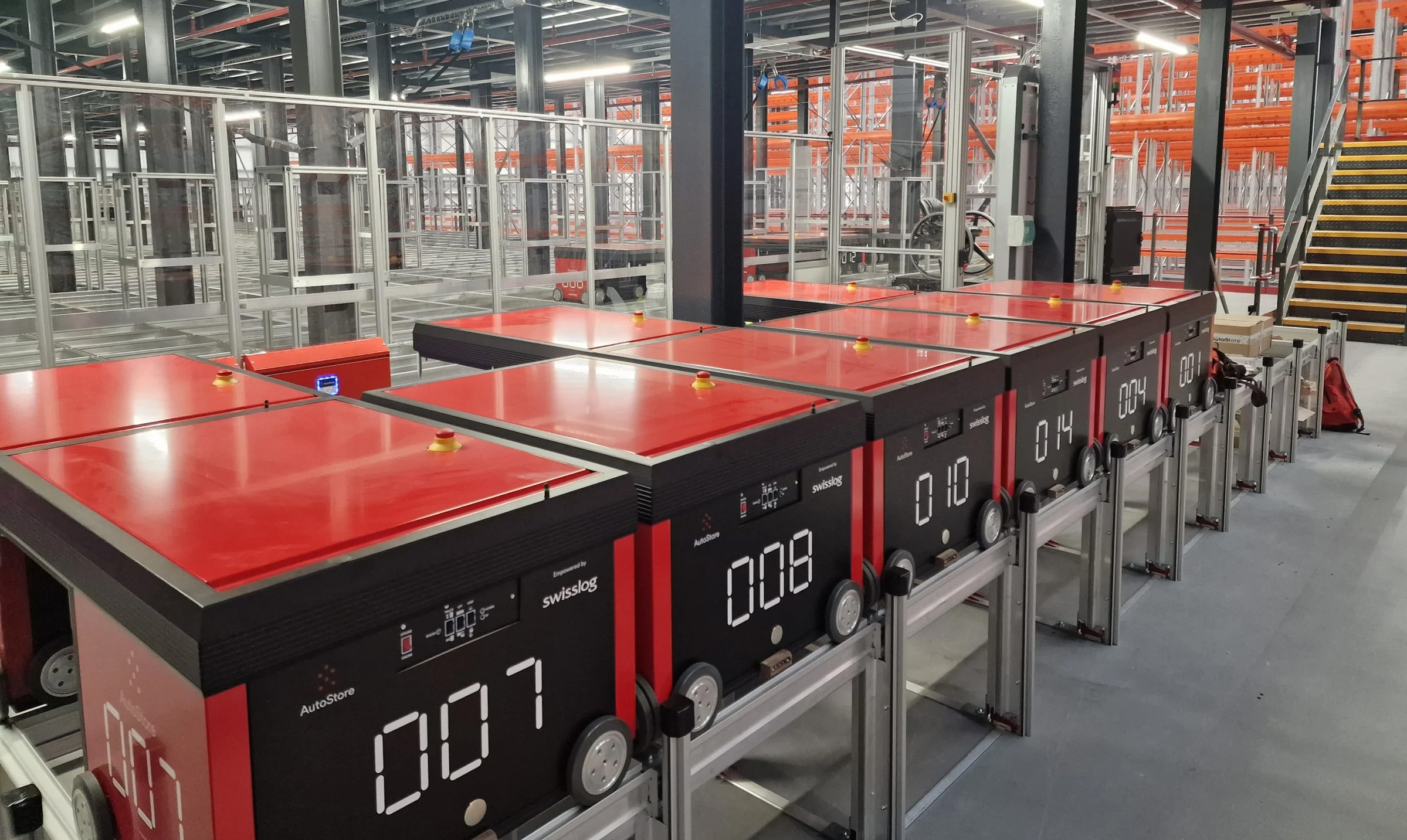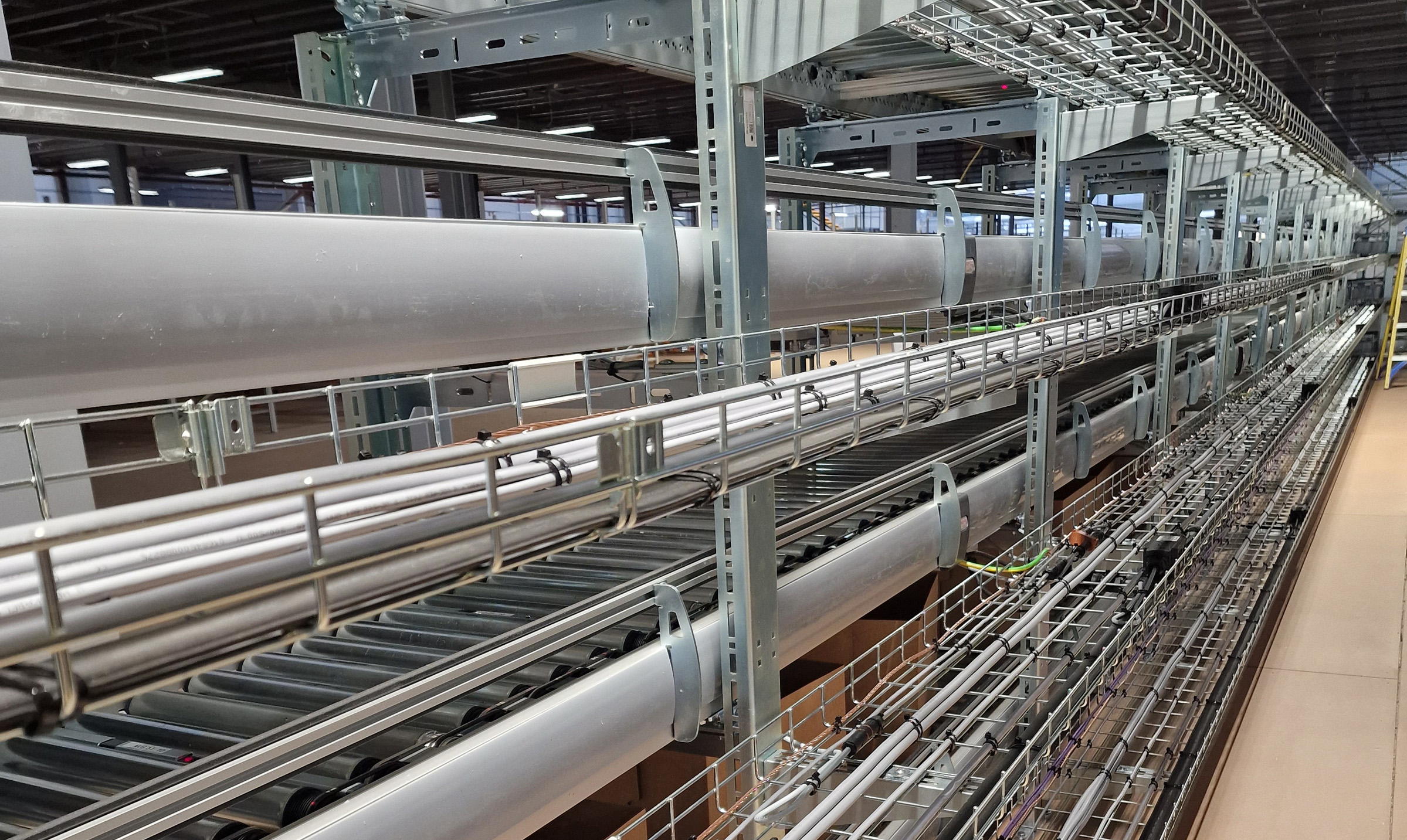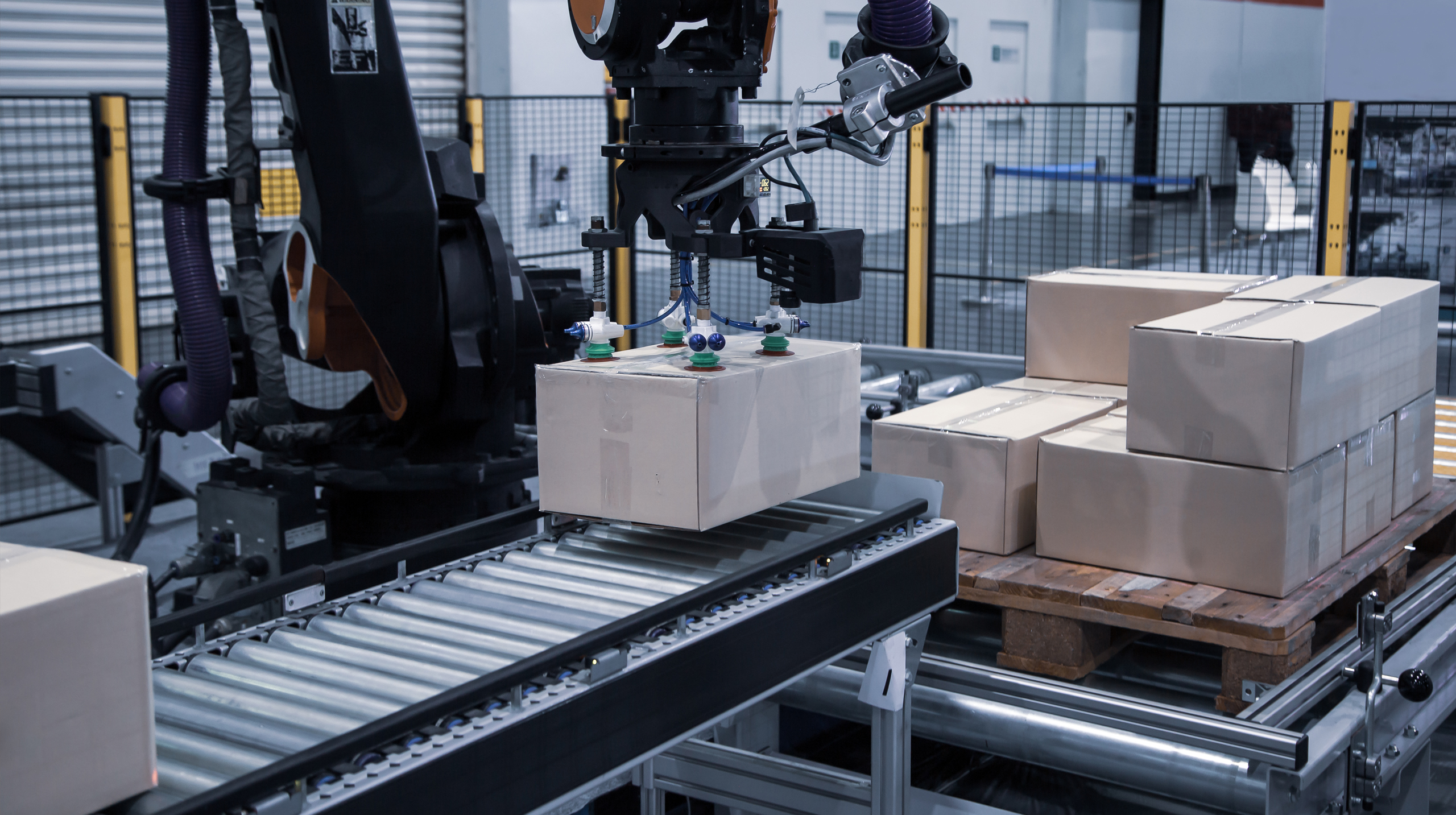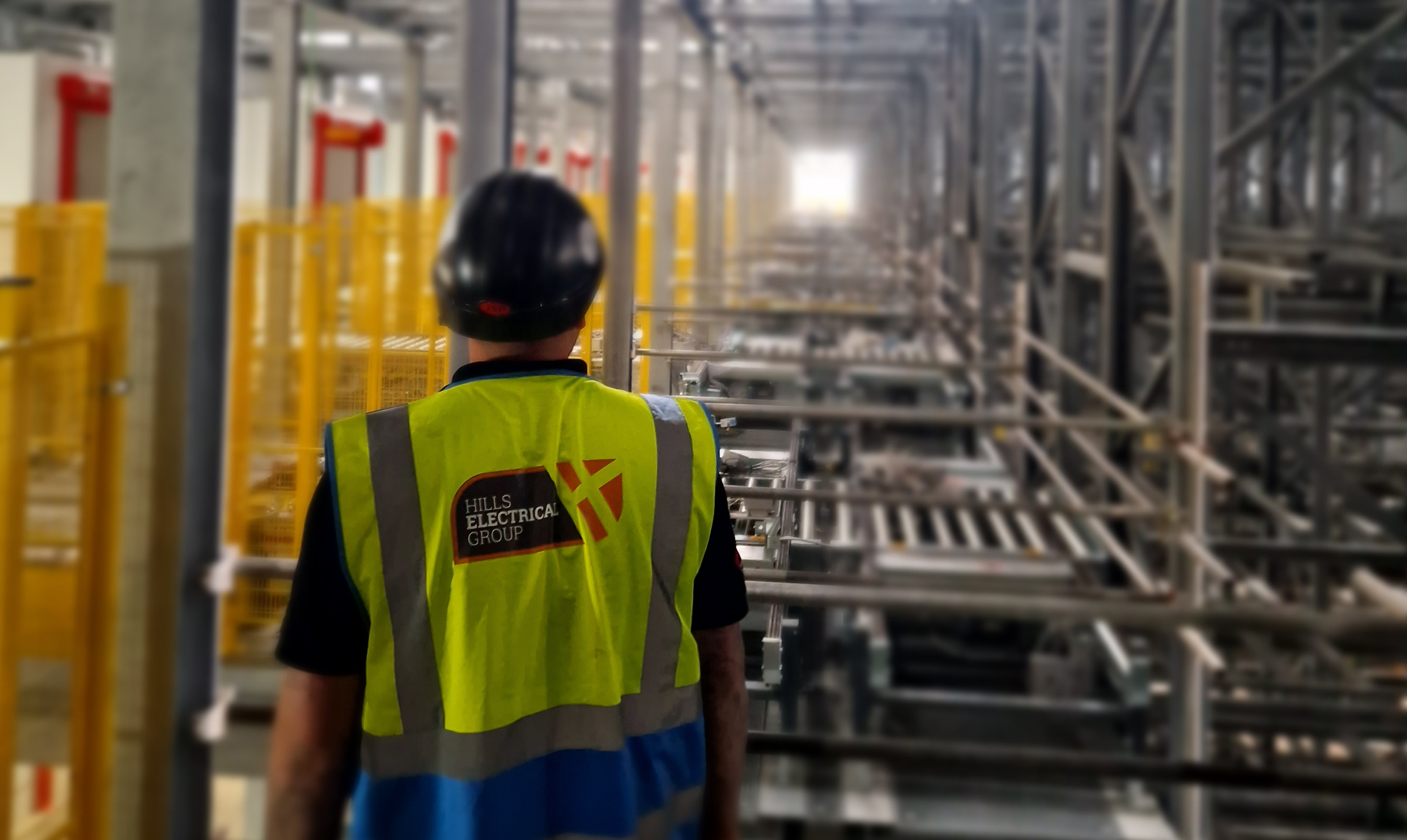Gain a better understanding of what Programmable Logic Controller (PLC) programming is, how it works and why it can benefit your commercial or industrial business.
Programmable Logic Controller (PLC) technology is rapidly evolving and growing with the global PLC market set to be worth around 10.6 billion U.S dollars by 2023. This equates to an annual growth rate of around 3.7% and is a substantial increase in the industry’s previous revenue figure of 8.49 billion recorded in 2017.
Recognised as a crucial component in the growth of fully automated production facilities, PLC technology has the potential to help businesses cut costs, be more flexible and extend the capabilities of their operations.
However, to fulfil this kind of potential and generate a return on investment (ROI), businesses must recognise the importance of high-quality PLC programming.
A Programmable Logic Controller, or PLC for short, is the computer element of a production machine or an entire production line. It acts as the brains of the operation, receiving information from devices or sensors, processing the data and then sending out triggers based on pre-programmed inputs and outputs.
In contrast, the definition of PLC programming is the method of designing and defining the inputs/outputs of the PLC itself. In layman’s terms, PLC programming is the task required to make the PLC solution function properly.
More often than not, a PLC is programmed on a computer and is then installed to the controller by a PLC programming engineer.
The common programming languages for these small compact devices are:
The PLC programming engineer will use these languages to code several actions based on the business’ needs using a built-in input/output module.
One of the best examples of a PLC application in everyday life is a traffic light signal. Instead of getting someone to manually tell you when to stop, read data and push buttons, the PLC controls the function within one unit.
For businesses, PLC programming and a PLC control system can enable machinery to be operated without manual intervention. In turn, this helps businesses achieve maximum efficiency, reduce mistakes, cut overhead costs and streamline processes. It’s the revolutionary way to automate how businesses make or distribute products.
In the event of a malfunction, a Programmable Logic Controller can be fixed by a PLC programming engineer either in-person or remotely. The latter is a major plus in today’s world where social distancing applies and efficiency is key.
Unlike large relays or alternative computers, PLC programming requires minimal space and will give businesses more room to manoeuvre.
With the support of a PLC programming engineer, a PLC controls system can also be reprogrammed to suit changing processes and new product lines. As an automation solution, this makes the adaptability of a PLC control system a highly beneficial long-term investment.
However, to get the most out of PLC programming, businesses must make informed decisions on which activities to automate. Some of the things to consider include:
If you need a hand deciding whether a PLC control system is right for your business or not, you should speak to a specialist in PLC programming.
At Hills Electrical, we provide competitive, reliable and trustworthy PLC programming services covering many of the leading PLC manufacturers, including:
We can help you assess your needs for automation and suggest free, impartial advice. To speak to one of our PLC programming engineers, get in touch today.
Stay up to date by following us on LinkedIn.




Feel free to fill out our form below and a member of our team will be in touch.